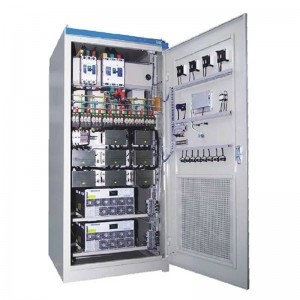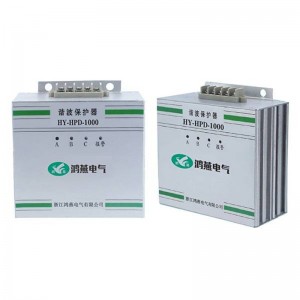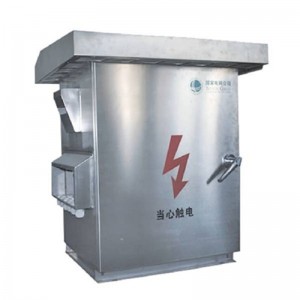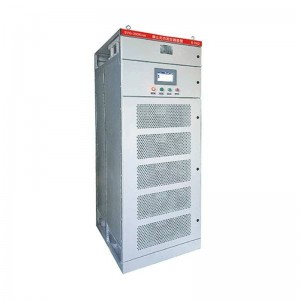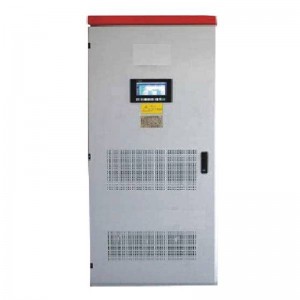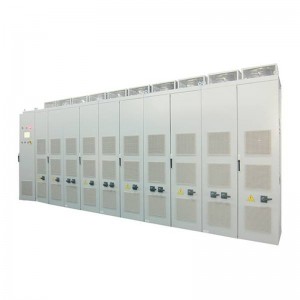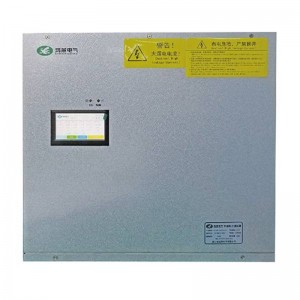HYSVGC series hybrid static var dynamic compensation device
product description
The composition and working principle of HYSVGC
constitute:
HYSVGC system composition = controller (ICMS) + SVG module + general LC ICMS integrated control and monitoring system to set the working mode and related parameters of LC and SVG, real-time display of power information, data before and after compensation, waveform diagram, control and monitoring of SVGLC working status Eighteen old ports, flexible realization of different SVG+LC combination modes SVG module quickly responds to system reactive power changes, reactive power compensation for LC over-compensation or under-compensation to 0.99 to achieve stepless switching, compensation for fast-changing reactive power general LC Compensate reactive power that is mostly stable and rarely changes in the load
working principle:
The discontinuity caused by TSC packet switching is solved by the continuous output of reactive power of the SVG module, so as to achieve the effect of dynamic continuous compensation.
product model
Model Description
Technical Parameters
fast response time
Note: The red curve is the load reactive current curve, and the red curve is the SVG output compensation current. Fast response is achieved by the SVG module. SVG fast response time <50us, full response time <<15 ms=”">
The SVG in HYSVGC reflects the advantages of power electronic switches. In the traditional SVC, the thyristor is only a fast switching function, which cannot reflect the value of “high-frequency fast switching” (usually more than 100ms once switching, while the IGBT in SVG is 1 second) Clock switching times can exceed 15000 times)
flexible application
By combining any power component (SVG module or LC) in the HYSVGC scheme,
The performance adjustment of the HYSVGC scheme can be realized: the compensation range of HYSVGC is from -1 to 1;
Take 300kvar compensation capacity as an example:
compensation effect
100~200ms:
When the reactive power of the load suddenly increases, the LC has no time to act, and the SVG will respond in real time to compensate the reactive power of the system;
200~500ms:
LC responds to input compensation, at this time SVG will reduce the compensation capacity in real time;
900~1000ms:
When the reactive power of the load drops suddenly, the LC has no time to cut off the input capacitor, and the SVG will send a reverse compensation reactive power in real time to compensate the overcompensated capacity of the LC;
1000ms~:
LC removes the excess compensation capacity, and at this time, SVG will track the system reactive power changes in real time and eliminate the remaining reactive power in the system.

